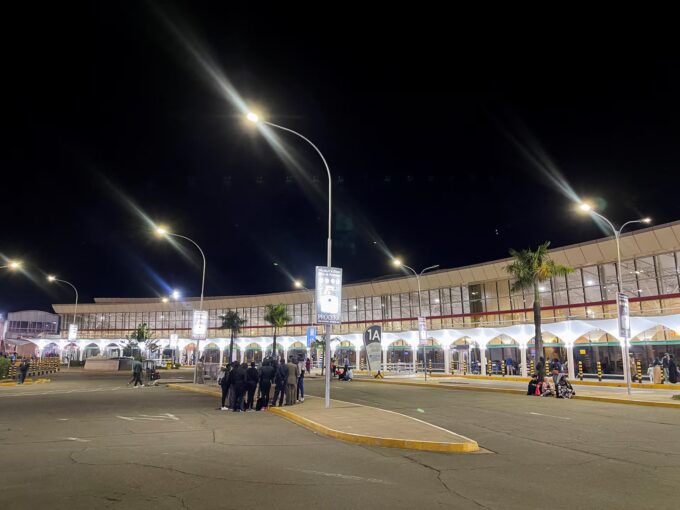In the northern Mozambican province of Cabo Delgado, the escalating violence linked to an ISIL-affiliated insurgency continues to take a devastating toll on civilians especially children. In the town of Chiure, brothers Ismael* and Estebao*, aged 13 and 10, sit silently outside their mudbrick home, haunted by memories of their recent abduction by ISIL-Mozambique (ISM), locally known as al-Shabab. The group, though sharing a name with the Somali militant organization, operates independently and has unleashed widespread terror in the region since 2017.
The boys were kidnapped while playing one afternoon in their village of Mazeze, alongside four other children, by armed fighters. They were marched through dense bush to a remote camp and handed machetes with chilling instructions to use them not just to cut wood, but to kill. During their two-day captivity, they witnessed the brutal beheading of an elderly woman, a traditional healer. The trauma of this violence forced the boys to plan their escape. Taking advantage of a brief opportunity while gathering wood, they fled with two other boys and managed to return to Chiure after a full day of navigating the forest. The fate of the remaining two children remains unknown.
Human Rights Watch (HRW) reported in June that child abductions in Cabo Delgado have “ramped up,” with local NGOs and UNICEF documenting over 120 kidnappings in recent days alone. However, experts believe the actual numbers may be significantly higher due to underreporting and limited international attention. Abducted children are often forced into roles ranging from porters for looted goods and laborers to child soldiers and forced spouses. For those who escape, such as Ismael and Estebao—now living in a displacement camp 35km from their home there is little support to help them heal and reintegrate.
Cabo Delgado, one of the poorest regions in Mozambique, is paradoxically rich in natural resources such as natural gas, rubies, and minerals. Oil giants like TotalEnergies operate nearby, a stark contrast to the impoverished communities devastated by conflict. The insurgency has left more than 6,100 people dead since October 2017, including over 2,500 civilians, according to Cabo Ligado, a conflict observatory run by ACLED and its media partners.
In recent months, violence has surged again. UN agencies report that nearly 60,000 people have fled their homes in Cabo Delgado in the last two weeks, with over 42,000 of them displaced from Chiure alone. The resurgence in attacks, including abductions and mass killings, highlights the enduring instability in the region, despite military intervention.
The Rwandan Armed Forces, deployed since July 2021 at Mozambique’s request, initially helped suppress violence, but renewed attacks in June and July 2025 suggest a fragile security situation. Cabo Delgado continues to experience what conflict observers describe as “significant insurgent activity,” marked by systemic violence, beheadings, looting, and abuse targeting women and children.
One such victim is 15-year-old Ana Joao*, originally from Macomia. First displaced in 2020 when insurgents beheaded villagers, she fled on foot to Chiure. But the violence followed her, and she was abducted again in 2024. This time, she was told she would become a “wife” to the fighters forced marriage being one of the many horrors girls endure. Ana escaped and now lives with her aunt, clinging to the hope of finishing school and one day becoming a teacher. Her dreams remain fragile in a region where peace is elusive, and safety is never guaranteed.
Cabo Delgado’s crisis, despite its severity and humanitarian impact, remains underreported globally. With child abductions rising, displacement ongoing, and infrastructure decimated, urgent international attention and humanitarian support are needed. Organizations like HRW, UNICEF, and local NGOs continue to document the abuses, but lasting peace and protection for the children of Cabo Delgado remain far out of reach.













Leave a comment